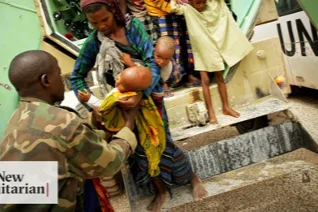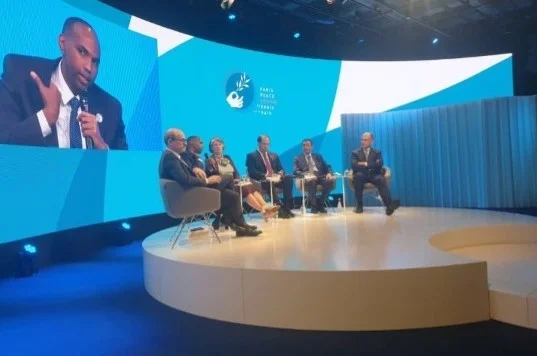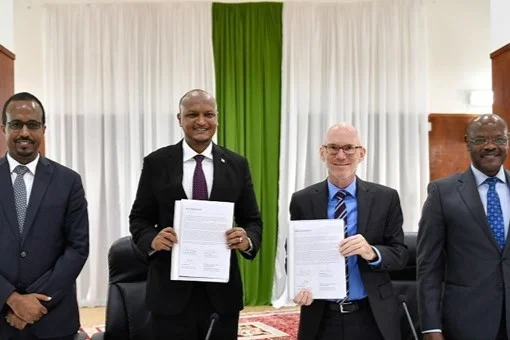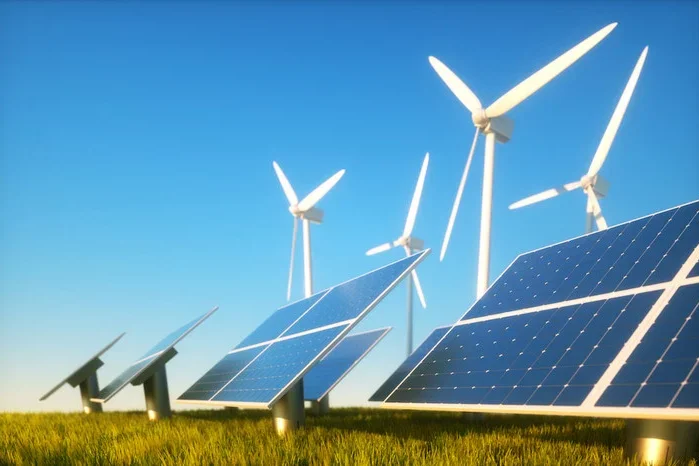Somalia promotes the blue economy and renewable energy at Expo
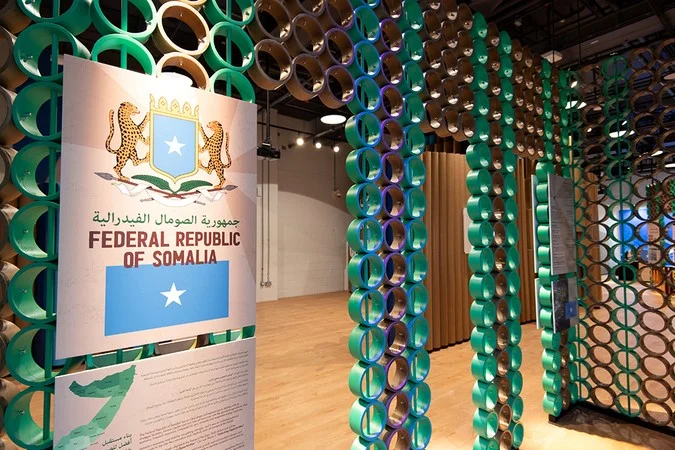
When Ibn Battuta sailed, in 1331, to the eastern coast of Africa, he found a new type of independent countries and cities with ports that are often called commercial republics. Mogadishu, the current capital of Somalia, was the first of these cities that Ibn Battuta visited, to see with his own eyes what it abounds with. In this country.
Also, the famous Chinese sailor, Zheng He, landed on the coast of Africa, for the first time in the cities currently known as “Bosaso” in the state of Puntland, and he found people there building their homes with bricks as a sign of development and knowledge. The ancient Egyptians also knew Somalia as the “Land of Punt,” and they valued its trees from which aromatic gum, gum, and frankincense were extracted. The Romans also called Somalia the “Cape of Perfumes.”
Somalia is now opening the doors of unparalleled opportunities in advanced sectors to everyone, as its pavilion appears in the “Opportunities” area at Expo 2020 Dubai. Opportunities are available in many modern fields, including the blue economy, renewable energy, the hospitality sector, fish and animal resources, agriculture, infrastructure and industry.
Somalia says that it is diligently seeking to establish a strong and sustainable blue economy, based on its components as a country that possesses a large sea coast extending to about 3,333 kilometers, and has untapped resources over a vast area of 200,000 navigational miles. These enormous areas include huge marine resources, thanks to Monsoon winds that enrich Somali territorial waters with abundant nutrients.
The “blue economy” in Somalia is distinguished by two important strengths, compared to other coastal societies on the same continent, which are above-average sustainability and adaptation to climate change. This means that Somalia is fully qualified to invest in the field of sustainable development of the blue economy, which is one of the foundations of stability. The availability of food security factors, represented by fisheries, long-term returns from tourism, and national revenues for mineral development, can demonstrate that sustainable development and the blue economy can build prosperous coastal communities.
With regard to the hospitality sector in Somalia, it has witnessed a process of revival through the establishment of new infrastructure for hotels, restaurants, beach and rural resorts, etc., and it is expected that these investments will attract a huge number of tourists with various interests, such as visiting ancient places, pure white sand beaches, and observation sites. Birds and others.
Development in Somalia depends on infrastructure facilities that have an effective role in raising the standard of living in the country and contributing to raising rates of development and economic growth. Economic infrastructure means the facilities, activities, and services that support the work and development of other economic sectors. In addition, infrastructure includes basic requirements, including airports, railways, ships, airlines, communications, and others, all of which include great opportunities for investment.
The Republic of Somalia enjoys a location of strategic importance and is full of abundant natural resources that have attracted prominent investments in the field of exploration in recent years. It possesses huge reserves of iron, gold, diamonds, uranium and titanium dioxide. The country also possesses an abundant amount of natural resources such as oil and natural gas and its economic resources. Blue, livestock, fisheries and agricultural resources.
Agriculture is considered the backbone of the economy, its main sector, and the main determining factor for the growth rate of the gross domestic product, as 70% of the country’s population lives in rural areas, and obtains the necessities of their lives from agriculture and related activities. This sector is the largest contributor to the Somali economy at a rate of up to 60% of the gross domestic product, employs 80% of the workforce, and contributes 90% of exports. The area of fertile arable land is estimated at about 8.1 million hectares.
Somalia is well suited to invest in the sustainable development of the blue economy.
Untapped reserves
Somalia is rich in energy resources, such as untapped oil and natural gas reserves, an electric power sector, extensive geothermal resources, numerous wind farms and abundant sunlight that can generate solar energy, with renewable energy providing a way to fill the current energy deficit. According to the African Development Bank Group, the country has the highest potential among African countries to generate energy from onshore wind.
 Algeria
Algeria Bahrain
Bahrain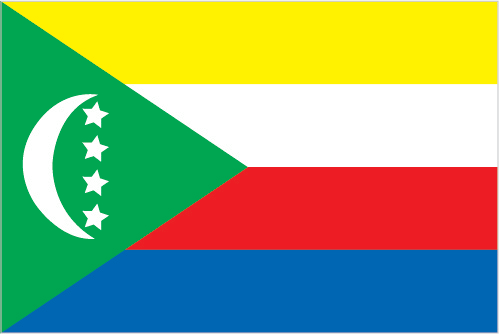 Comoros
Comoros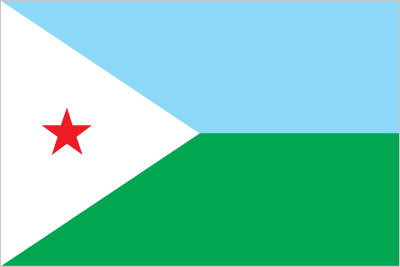 Djibouti
Djibouti Egypt
Egypt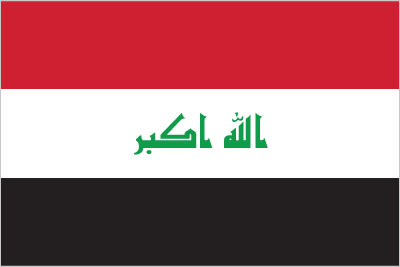 Iraq
Iraq Jordan
Jordan Kuwait
Kuwait Lebanon
Lebanon Libya
Libya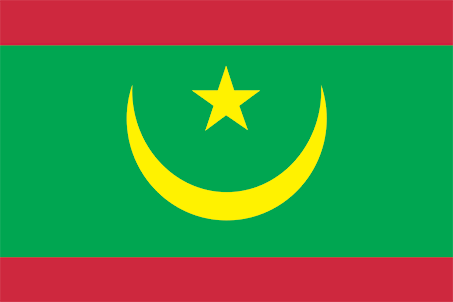 Mauritania
Mauritania Morocco
Morocco Oman
Oman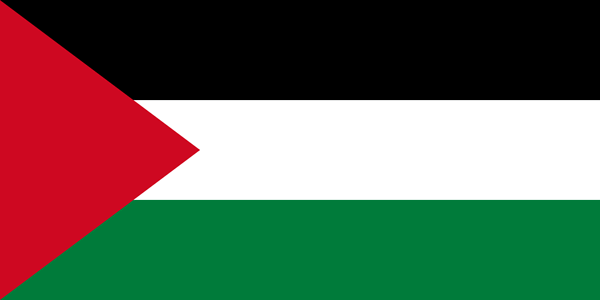 Palestine
Palestine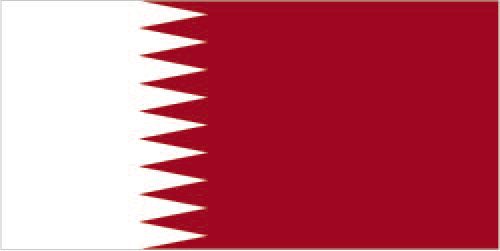 Qatar
Qatar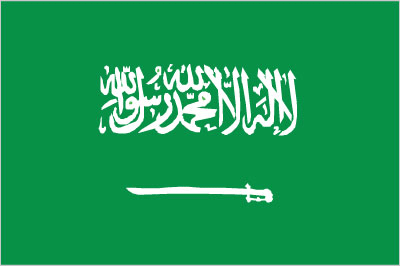 Saudi Arabia
Saudi Arabia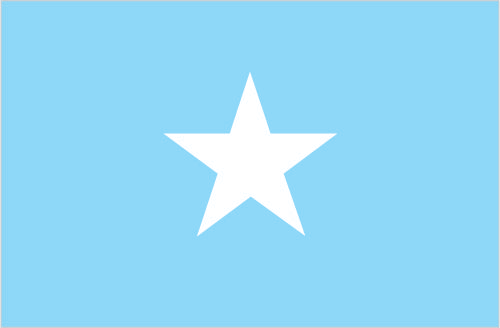 Somalia
Somalia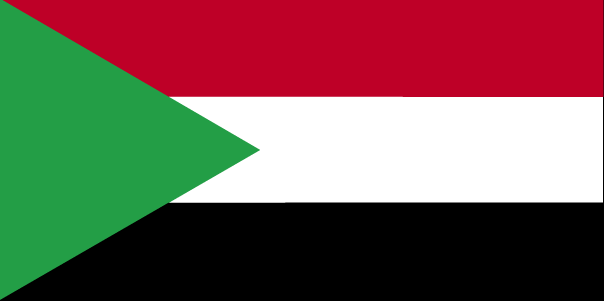 Sudan
Sudan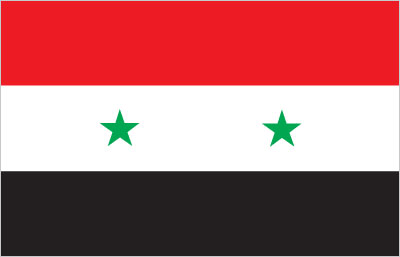 Syria
Syria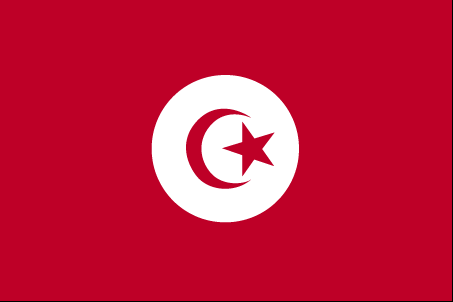 Tunisia
Tunisia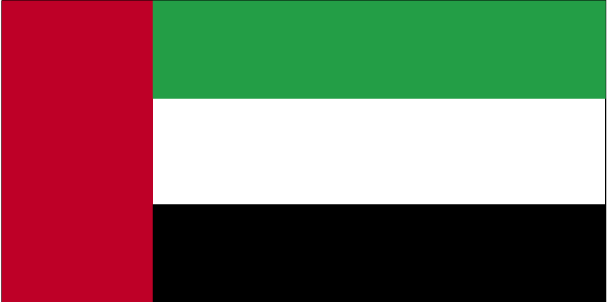 UAE
UAE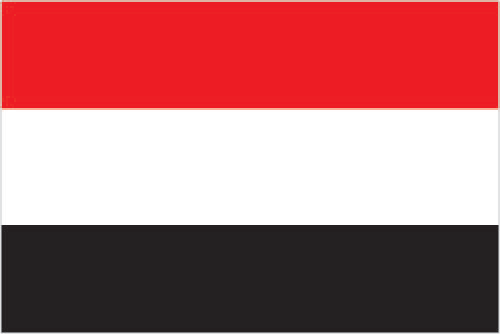 Yemen
Yemen